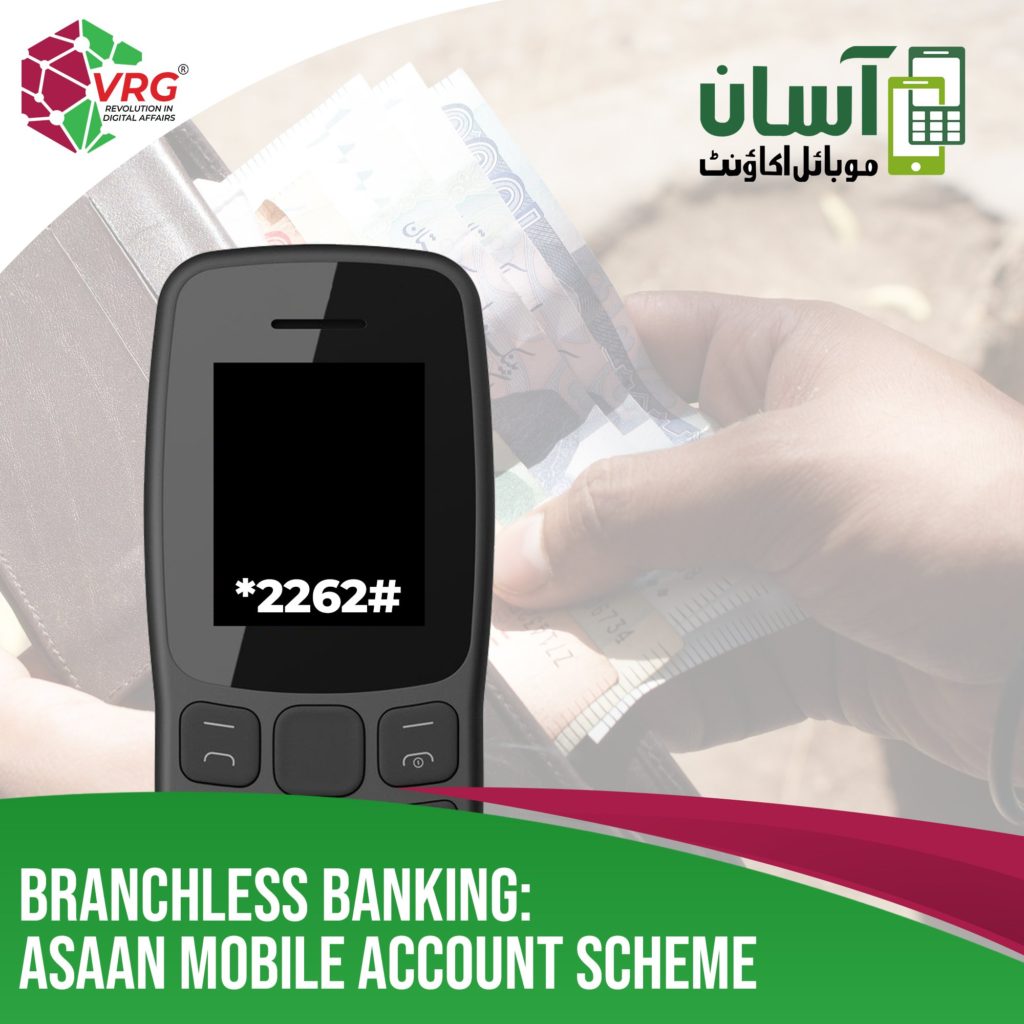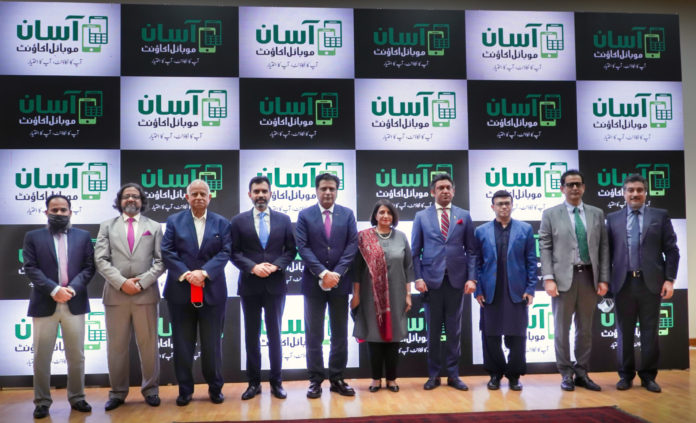Put simply, financial inclusion is access to formal financial services by individuals and firms to use a range of quality payments, savings, credit and insurance services which meet their needs with dignity and fairness. These services include credit, savings, deposits, payments, transfers and insurance etc. In recent years an important driver towards financial inclusion has been mobile money where users are able to conduct financial transactions through their mobile phone providers, allowing them to convert their mobile phone into a financial access channel. Without access to basic financial services people in poverty are unable to perform many common functions that could drastically improve their lives. When financially included, they can start to build assets and take such steps to improve their standard of living; they can save money, qualify for a loan either to expand a business or buy a home, have a safer method of making payments wherever they may want. It is seen by policymakers as a way to improved livelihoods of people, particularly the underprivileged. In developing countries like Pakistan, women, the elderly, the disabled and other vulnerable groups are the least likely to benefit from financial services, but by leveraging existing technologies in innovative ways, States can create a technological ecosystem that enfranchises them into the financial system. The Asaan Mobile Account (AMA) launched in December last year, is a rare combination between commercial banks, mobile network operators (telcos) and a 100% Pakistani fintech company. This unique scheme has potential of banking a massively unbanked population of Pakistan (at least 40%) and can change the destiny of the entire nation. For the benefit of readers my article titled ‘Feeding Hypocrisy to the Poor is reproduced below:
“Political figures all over the world excel in hypocrisy, they freely use populist chants and slogans promising imminent relief for the poor and the most vulnerable, well knowing they have no intention of delivering on their promises. The popular slogan of the 1970s “Roti, Kapda, and Makaan” (food, cloth, and house) attracted the voting imagination of the masses. Without having a bank account(or even the hope of one), what about the dream of a “makaan” for the unbanked? Many of the great initiatives for the deprived on building social safety nets to meet the challenges of poverty, access to healthcare, education, food security, and financial stability. This prevailing bureaucratic mindset only giving lip-service to the most vulnerable who bear the brunt of poverty’s many miseries.
Other than illiteracy as a deterrent try tackling the bank opening application forms. In my case bank managers discourage the deprived from having bank accounts(i.e. if they could) because it gives them additional work without commensurate profits. Without financial inclusion owning a house is virtually a pipedream. Under the National Financial Inclusion Strategy encouraged by the World Bank, the State Bank of Pakistan (SBP) and Pakistan Telecommunication Authority (PTA) crafted together rules for Third-Party Service Providers(TPTPs) in the early 2010s, envisioning a truly extraordinary Scheme to interconnect all mobile financial service providers with financial institutions to democratize the industry and to become a catalyst for greater financial inclusion. It took years of debate and inordinate delays on who “shall” and who “may” participate till finally both the regulators jointly issued rules for the industry in 2017.
After satisfaction of both regulators and the subsequent commercial agreements between two distinct industries; banking and telecom, the project headed for launch in August 2020. Unfortunately one of the bidders who had not qualified because of both technical and financial discrepancies got into the act to get a stay order Honorable High Court. This plea was later outrightly rejected after 18 months by the High Court concerned as being (1) without any grounds for grievance and (2) without any conceivable reason whatsoever for the Plaintiff to target the Defendant Company. The loss paid for by the poor cost 18 months. During this pilot phase pre-launch in December 2021 Asaan Mobile Account (AMA) achieved over a million customers without any publicity whatsoever. Between the destinies of the poor and poverty alleviation is a bureaucratic mindset without any logical timeframe or sensitivity for the poor. An official launch date could not be obtained by the regulator due non-availability of our leaders for the photo-ops and because of political instability. Alleviating the miseries of the poor seems to weigh far less than the political benefits it can carry.
SBP channeled funds and grants from International organizations for the development of a very innovative RAAST Instant Payment System. Even though the regulator became a service provider, this public sector initiative was meant to this kickstart the digital processing of serving existing accounts only, somewhat on the lines of PIDC (Pakistan Industrial Development Corporation) who back in the old days would set up, operate, and later privatize necessary industries. RAAST is certainly a revolution, however the fact remains pro-poor payment system needs to be accessible by the poor. That is why RAAST requires the PSO/PSP and TPSP licensee’s to integrate.

Thanks to the Pakistani Ambassador in the UN in NY Mr. Munir Akram, who kindly accompanied us, the scheme was presented to the UNDP Administrator Mr. Achim Steiner in New York with UNDP Chief Digital Officer Robert Opp (joining from Rome on video link). The words used by them for the platform were ‘Amazing’, ‘Great’, and ‘Fantastic’. A case study on the AMA platform was promised .For the very reason the UNDP was set up, the target funding of the deprived to alleviate their sufferings. One may be forgiven for assuming that the core requirement of ensuring financial inclusion does not seem to have priority.
How the AMA Scheme will change the destinies of millions of underserved was also presented to the FinTech and Digital Payments Office of HM Queen Máxima the United Nations Secretary-General’s Special Advocate (UNSGSA)’s for Inclusive Finance for Development. The Queen acknowledged this scheme as a ‘game changer’ for developing countries indirectly, during the World Economic Forum (WEF) Davos, Switzerland Meetings on 24 May 2022, by mentioning the AMA Scheme platform in Pakistan (without naming it) briefly, to quote, “pro-poor payment systems, such as those set up in Pakistan, exemplify this. They can increase competition between providers, drive down costs, allow infrastructure to be shared between competing firms, and open the financial system to potentially millions of new customers”, unquote.
The World Economic Forum’s “Edison Alliance” provides a platform for partnership between governments, industries, and people to advance digital inclusion as a foundation for achieving the United Nations Sustainable Development Goals WEF recognized the AMA scheme as one of its kind of global significance and its benefits to the poor, encouraging Pakistan to present the AMA scheme to an Edison Alliance Forum of 70+ countries’ strategists and decision makers who gather together to foster business partnerships and to promote inclusive finance while creating values and benefits for the poor. The Edison Alliance indicated considering Pakistan a “lighthouse country” to unlock new partnerships, incentivize and be able to provide the means to cross replicate the successful model in parts of the world.
Overcoming the international and domestic bureaucratic mindsets, the private sector must be facilitated by providing grants, especially for financial inclusion and women empowerment. When I used the phrase “poor man’s debit card” to define AMA in a room of distinguished guests this year at Davos it was immediately suggested politely to me to use the word “underprivileged” or “deprived”. No matter what you call them, whatever you name them, the poor will still remain poor, finding the term used is far less important than solving their financial drawbacks.
The AMA scheme formal launch is subject to the availability and schedules of the esteemed, so close to Eid it may even be subject to the appearance of the moon. By June 15 the AMA scheme had crossed 4 million accounts, still without publicity. Because of bureaucratic reasons the enormous funds available to bring the magic *2262# as a game changer to the masses by a major publicity campaign could been used 3 years earlier to truly serve the most underprivileged and vulnerable of our country. It may be happen this week, or the next, or even next year, the way things are going no fault of SBP or PTA about “when”, God only knows! When it does happen hypocrite lip-service will become reality to give the poor (or “underprivileged”) financial access which was previously denied to them. Maybe the illusive “makaan” may finally be in “reach” 50 years after being aired as a very catchy populist slogan!




